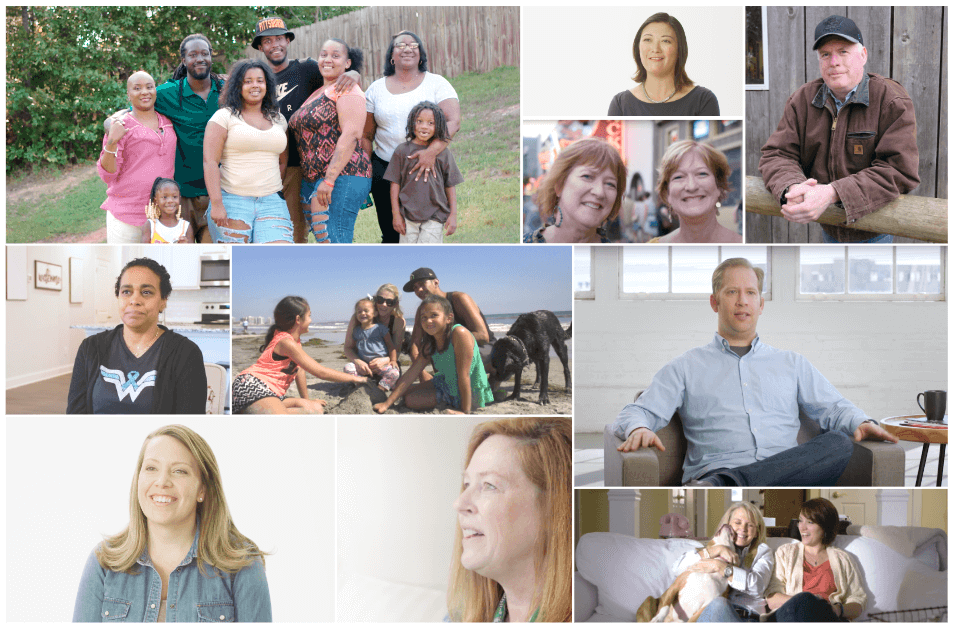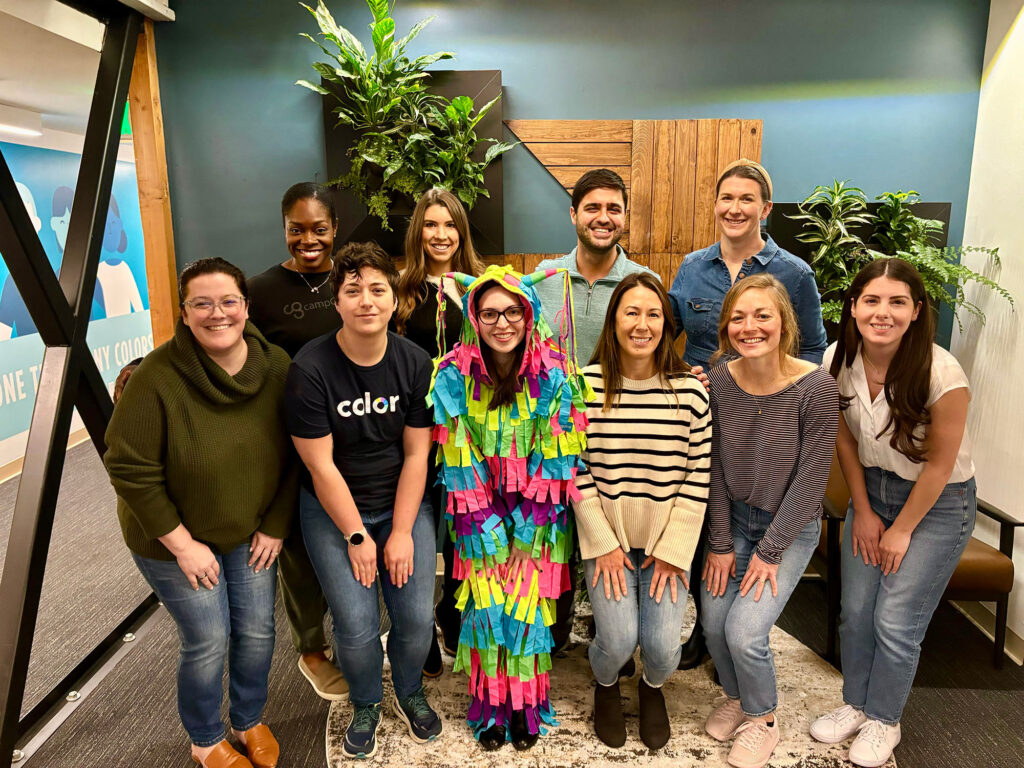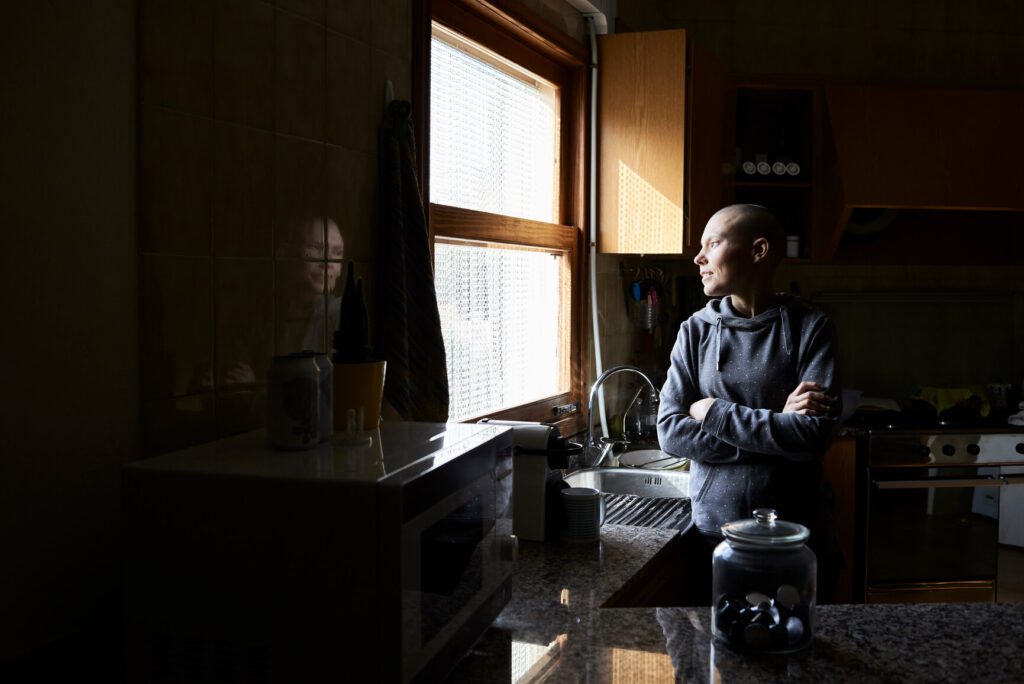News & Articles
What You Need to Know About Hereditary Colorectal Cancer
Heather Hampel
I would like to start by dispelling the myth that hereditary colorectal cancer is rare by sharing a few important facts.
- 1 in 20 people will develop colorectal cancer in their lifetime. (ACS Facts & Figures)
- Over 140,000 people will be diagnosed with colorectal cancer in 2018 alone. (ACS Facts & Figures)
- 1 in 10 people with colorectal cancer have a hereditary cancer syndrome. (Yurgelun)
- 1 in 6 people with early-onset colorectal cancer (diagnosed under age 50) have a hereditary cancer syndrome. (Pearlman)
This means around 14,000 of the colorectal cancer cases diagnosed this year will be due to a hereditary cancer syndrome. These cancers are all potentially preventable. If these individuals knew they had a hereditary susceptibility to colorectal cancer, they would have been recommended to receive earlier and more frequent colonoscopies. Maybe with earlier and more frequent colonoscopies, precancerous polyps (benign growths in the colon that can become cancerous) would have been removed before they became a cancer.
Lynch syndrome is due to mutations in certain genes involved in the repair of DNA in our bodies. People with Lynch syndrome have increased risks for colorectal (20–85% lifetime risks), endometrial/uterine (15–60%), ovarian (12–14%) and gastric/stomach (13%) cancers. Increased screening is recommended, including earlier and more frequent colonoscopies, as well as consideration of surgeries to reduce the risks of uterine and ovarian cancers, and others. In addition, the long-term use of aspirin appears to decrease the risk for colorectal cancer among individuals with Lynch syndrome. There is evidence that surveillance is very effective for reducing cancer risks in people with Lynch syndrome.
So, what can we do to help get more people diagnosed with a hereditary cancer syndrome so we can prevent cancers and save lives? It’s going to take a concerted effort on many fronts which I will summarize here:
- People who have not had cancer:
Family history — It is very important to know your family history of cancer and make sure your physician is aware of it too. Knowing whether any of your close relatives have had cancer, what type of cancer, and their ages at diagnosis is critical to risk assessment. Anyone with a personal or family history of multiple cancers related to Lynch syndrome (including 20 or more colon polyps), or any of these cancers diagnosed in someone younger than age 50, should be referred to speak with a cancer genetic counselor or specialist.
Known cancer gene mutation in the family — Cascade screening should be offered to all at-risk family members of anyone with a known mutation in a cancer susceptibility gene. These individuals are at the highest risks for cancer and need to have genetic counseling so that they can consider genetic testing for the known mutation in their family. Many laboratories are now offering free or deeply discounted testing for individuals with a known mutation in their family.
2. People who have or have had colorectal cancer:
Universal tumor screening of all colorectal cancer patients — Multiple professional organizations have recommended that all colorectal cancer patients should be screened for Lynch syndrome at the time of diagnosis. There are two specific tests, called MSI and IHC, that don’t diagnose Lynch syndrome, but can help determine if genetic testing for Lynch syndrome is appropriate.
Referral of all early-onset patients to Genetics — Individuals who are diagnosed under age 50 should be referred to cancer genetics regardless of their tumor screening results (see below) or family history. The prevalence of hereditary cancer syndromes in this group of patients is high overall (16%) and even higher among those with defective mismatch repair (microsatellite unstable or immunohistochemical staining absence of at least 1 Lynch syndrome protein) in their tumor (83%). However, it is important to note that even those whose tumors had proficient mismatch repair (microsatellite stable or normal immunohistochemical staining for all four Lynch syndrome proteins) among this early-onset patient population have an 8% chance of having a mutation in a cancer susceptibility gene.
Referral of anyone with >10 colorectal polyps — There are several hereditary polyposis syndromes that lead to an increased risk for colorectal cancer. While each of these syndromes is individually rare, together they may account for 5% of all colorectal cancers.
If you or your family meet any of these criteria, you can find a local cancer genetic counselor at www.findageneticcounselor.com. There are several telegenetic counseling services available now for individuals who do not have a nearby genetic counselor or who need evening or weekend services due to their job. Cancer genetics evaluations are generally well-covered by insurance similar to any specialist office visit. Genetic testing has become much more accessible in recent years as well. Most laboratories have financial assistance programs for patients who are uninsured or under-insured.



